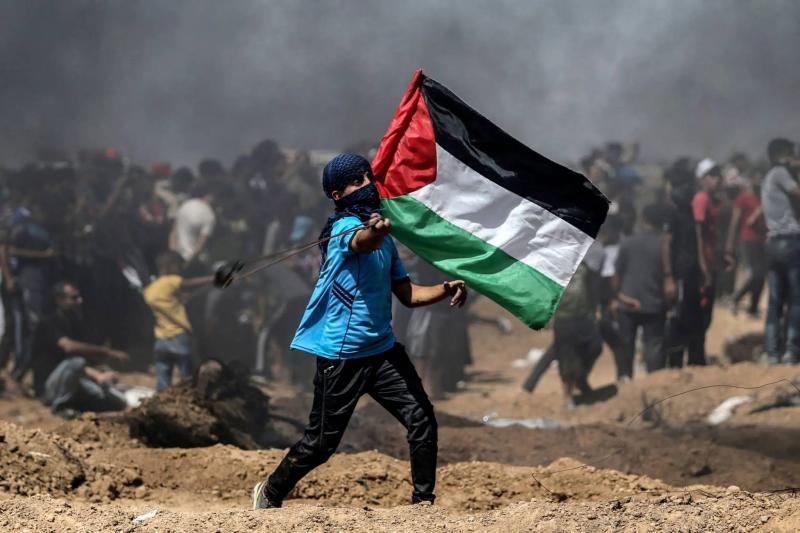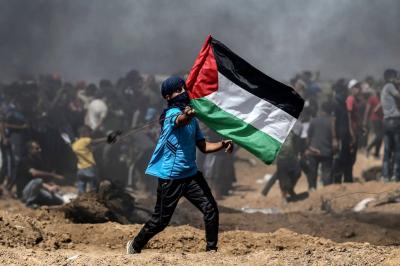My interlocutor said: everything has changed, I mean everything indeed, and not as a figure of speech or an exaggeration not based on facts. I replied: of course, this is a feeling shared by all people; far from exaggeration, as you say. It is likely that no one would disagree with such an assessment, because the attack referred to as "the Flood of Al-Aqsa" has altered most of what prevailed before it. He interrupted me: yes; but I did not mean just the general scene, but I also mean the self. To be explicit, he added emphatically: I am no longer I, from now on I will not prioritize anyone over myself; did they not say in old sayings: "O spirit, there is no spirit after you"? Indeed, I answered, and he interrupted again, saying: and thus my situation is today... my self first, and the self I mean is specifically my very limited "community," my children and their mother, my companion on this journey until the end, followed by the wider circle that includes my family, the source; they suffice me, sincerely, enough, my friend.
This conversation occurred, as Bakr Awida says in Al-Sharq Al-Awsat, during the second week of the attack on October 7, 2023, noting that the dialogue did not occur as stated above verbatim, so I avoided including it in quotation marks to document it as a "quotation." The speaker with me is a young man from the Gaza Strip, a father in his early forties, who works in a prominent center with a global telecommunications organization, with colleagues of various nationalities. In my estimation—I might be right or wrong—perhaps the young man's expressions of the egotism he embodied warrant the interest of research centers and documentation studies that will focus on monitoring the impacts of such a seismic event on various segments of the Palestinian people, firstly, at home and in the diaspora, then on the Arab reality, and lastly, on a global scale. Thus, the continuing repercussions until today, four months after the event, are likely to persist and expand their circles further.
It is clear that the sense of despair, and thus the detachment from any obligation to engage with public affairs, as indicated in the tone of the young Gazan's speech—specifically regarding the lack of interest in any issues outside the family sphere—remains a very individual case; however, even within this measure, it qualifies to be studied as a "case study." It is likely similar situations exist within Palestine and in the diaspora, although they do not reflect the wider public mood; rather, they completely contradict what is happening in the Gaza Strip in particular, and in the Palestinian territories in general—whether regarding the resilience and patience of people enduring the sufferings and tragedies that have been collectively holding their breaths for over one hundred and twenty days, marked by displacement, hunger, and fear, or also regarding the resistance to the brutality of Israeli war forces.
The young man did not hesitate to respond to my challenge when I said I doubted that he intended to sever all ties with the homeland; he quickly affirmed: No, not at all, for my connection to Palestine is an affiliation that runs in my veins; however, it will not necessarily submit to any conditions imposed by this movement or that party.
This is a rational conclusion, as I believe, and it reaffirms how necessary it is to explore changes in the Palestinian reality, between what was before October 7, 2023, and what has occurred since. Of course; and scientifically, the Gaza Strip should be prioritized when studying the impacts of the event across all fields; however, the reflections of what has happened, and continues to happen, extend to all Palestinians, at home and in the diaspora, citizens and leaderships and factions. One wonders, will history record that what came before the "Flood of Al-Aqsa" and what came after it are two eras separated by a barrier; yet they may meet at some moment that remains in the realm of the unknown until now? Perhaps.




